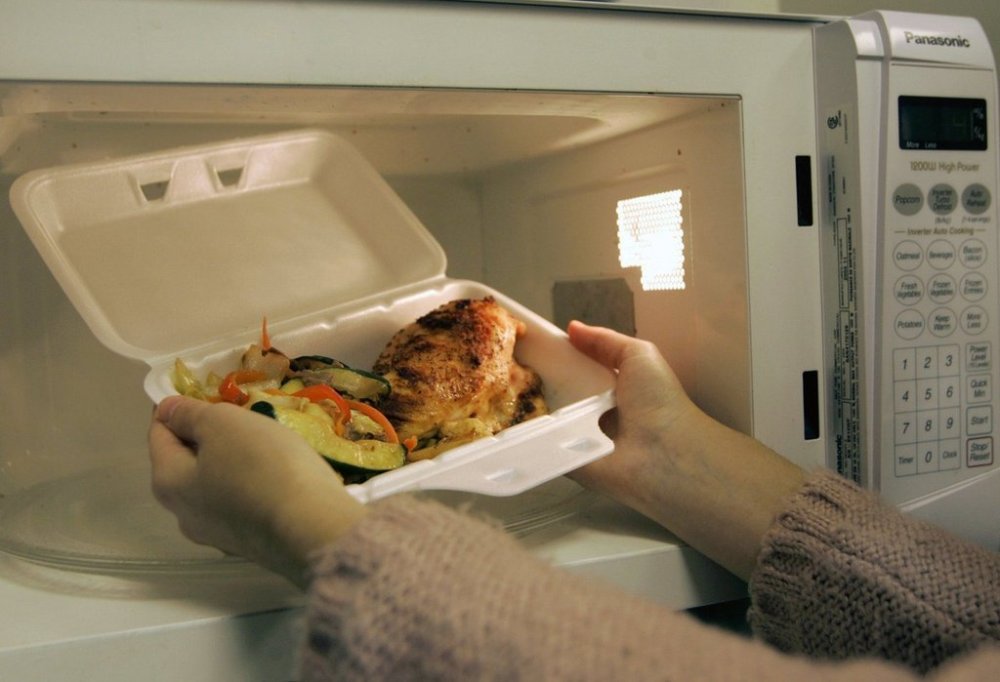Health warning as unlicensed food businesses surge in B.C. garages and homes
Advertisement
Read this article for free:
or
Already have an account? Log in here »
To continue reading, please subscribe:
Monthly Digital Subscription
$0 for the first 4 weeks*
- Enjoy unlimited reading on winnipegfreepress.com
- Read the E-Edition, our digital replica newspaper
- Access News Break, our award-winning app
- Play interactive puzzles
*No charge for 4 weeks then price increases to the regular rate of $19.95 plus GST every four weeks. Offer available to new and qualified returning subscribers only. Cancel any time.
Monthly Digital Subscription
$4.99/week*
- Enjoy unlimited reading on winnipegfreepress.com
- Read the E-Edition, our digital replica newspaper
- Access News Break, our award-winning app
- Play interactive puzzles
*Billed as $19.95 plus GST every four weeks. Cancel any time.
To continue reading, please subscribe:
Add Free Press access to your Brandon Sun subscription for only an additional
$1 for the first 4 weeks*
*Your next subscription payment will increase by $1.00 and you will be charged $16.99 plus GST for four weeks. After four weeks, your payment will increase to $23.99 plus GST every four weeks.
Read unlimited articles for free today:
or
Already have an account? Log in here »
Health authorities in British Columbia are urging people not to buy food from unlicensed businesses after a surge of complaints about illegal food services in the Lower Mainland.
The Fraser Health Authority said the services operate from kitchens in homes, garages and elsewhere, and pose health risks from improper food preparation, storage and handling.
The agency said people should only buy from licensed businesses where health inspectors have conducted a comprehensive review, including on-site inspection, and that permits should be clearly visible to customers.

Fraser Health said consuming food from illegal businesses carried the risk of food-borne illnesses, such as E. coli and hepatitis.
Inderjeet Gill, regional manager of health protection programs at Fraser Health, said they had received about 32 complaints this year, up to September.
“This year, for some reason, we have been seeing an increased number of complaints coming in,” said Gill.
Some complaints were from the public, while others came from bylaw and environmental health officers.
“When they’re out there doing their inspections in the field, they will actually come across a premise, which they might stop by and say: ‘Geez, I don’t remember ever seeing any approvals for this place,'” said Gill
“So, they’ll walk in and they will discuss with the operator on site and then they will determine if that place is approved or not.”
Fraser Health said the services include catering, “tiffin” meals that are popular in the South Asian community, takeout, ready-to-eat deliveries, and even bakeries.
Gill said food prepared in unlicensed home kitchens posed a series of risks.
“It’s hard to ensure the safety of food because you are working with young children, perhaps in the household at the same time, also with pets being around the house in some of the cases,” said Gill.
The chances of food contamination “heavily exist” in such environments that were not designed for commercial food preparation said Gill.
He said the authority worked with unlicensed operators to show them how to comply with the provincial standards and requirements.
But if unlicensed operators continued to violate rules, then officers followed up with “progressive enforcement,” such as issuing closure orders or fines.
“Sometimes we may even go up to the extent of taking them to the courts, but that hasn’t happened normally. People are very receptive to us in normal situations, and we tend to educate them enough to comply,” said Gill.
The Fraser Health Authority services more than two million people in 20 municipalities.
This report by The Canadian Press was first published Oct. 17, 2025.

